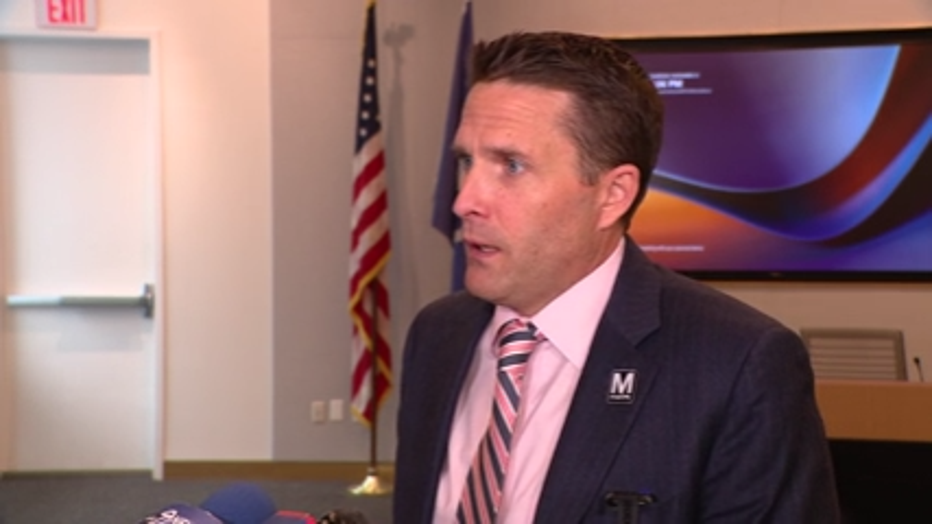Metro eyes 'super peak' hours, targets fare evasion on buses

Metro's new 'super peak' hours plan
Metro is considering implementing "super peak" hours to increase train capacity as part of an ongoing effort to revitalize the region’s rail system. FOX 5's Tisha Lewis has the details.
ARLINGTON, Va. - Metro is considering implementing "super peak" hours to increase train capacity as part of an ongoing effort to revitalize the region’s rail system, officials said Thursday.
During "super peak" service, trains would come every 4 minutes during the busiest times — versus every 5 minutes during current peak times.
Initially, super peak service won't be available system-wide, only on the red line and part of the silver line.
The proposal, discussed during a Finance Committee board meeting, is included in an early budget plan that will not be finalized until spring. If approved, the new service schedule could take effect in July.
The proposed changes would impact several stations, including the busy Clarendon Metro station, by increasing train availability during the busiest commuting hours.
Metro officials say the move is part of a broader strategy to enhance service and meet rider demand.

Metro General Manager Randy Clarke says fare evasion on Metrorail has dropped by more than 80% due to enhanced enforcement measures and barriers.
In addition to the potential rail changes, Metro General Manager Randy Clarke outlined plans to combat widespread fare evasion on Metrobus, a long-standing issue that has significantly impacted revenue.
"We know we need to do more on buses, and it’s a targeting thing," Clarke said. "We are transitioning some resources to go after the bus side and add more [enforcement], and we’re getting very data-driven. We have a couple of routes where 90% of people are not paying and others where 20% of people are paying. I hear overwhelmingly, ‘Why am I paying, and other people are not?’"
Starting after Thanksgiving, Metro plans to deploy plain-clothed and uniformed officers to focus on bus routes with the highest rates of fare evasion.
Fare evasion remains a significant problem for Metrobus, with more than half of riders on some routes failing to pay. In contrast, Clarke noted that fare evasion on Metrorail has dropped by more than 80% due to enhanced enforcement measures and barriers.
Metro officials say these efforts are part of a larger mission to restore public confidence in the system and improve service quality. The super peak proposal and the crackdown on bus fare evasion represent key steps in that mission.



